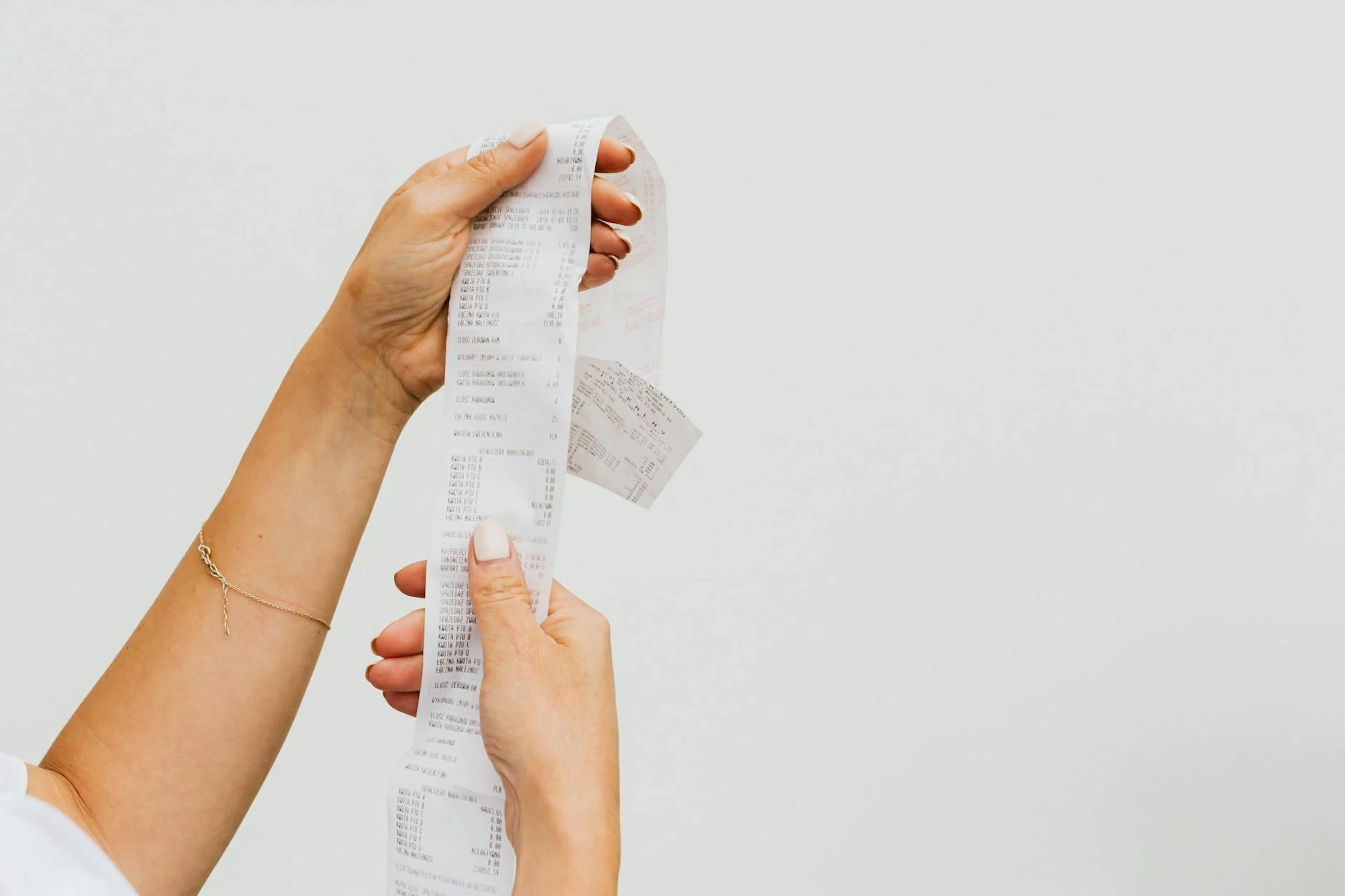
Most adults know how much their credit score matters. It can affect your ability to rent an apartment, buy a car, or even land a job. But what if there was a new way to measure financial responsibility? Some experts are exploring whether grocery receipts could offer a more accurate picture than traditional credit scores. This idea is gaining attention as people look for fairer, more inclusive ways to assess creditworthiness. Let’s break down how grocery receipts could play a role in the future of financial evaluations and why it matters for everyone.
1. The Limits of Traditional Credit Scores
Credit scores have long been the standard for lenders and landlords. They reflect how well you handle debt and whether you pay bills on time. However, these scores don’t tell the whole story. Many people with little to no credit history get left out, even if they manage their money responsibly. Others may have a low score because of one mistake, not their overall behavior. There’s increasing debate about whether this system is fair or accurate.
For millions who pay for everyday needs in cash, traditional scores may not capture their true financial habits. That’s where the idea of using grocery receipts comes in. These receipts could reveal spending patterns and money management skills that a credit score simply can’t show.
2. How Grocery Receipts Reveal Financial Habits
Grocery receipts offer a window into a person’s day-to-day spending. They show what you buy, how often you shop, and even if you stick to a budget. Consistent grocery purchases can signal stability and reliable income. Someone who shops regularly and avoids frequent impulse buys may demonstrate strong financial discipline.
This data could help lenders or landlords see a fuller picture. Instead of just knowing whether you pay a loan on time, they could see if you’re able to manage living expenses over time. That’s something a traditional credit score can’t fully capture. For those with thin credit files, grocery receipts could be proof of responsible money management.
3. Privacy and Data Concerns
Before grocery receipts could replace credit scores, there were important privacy questions to answer. Grocery receipts contain a lot of personal information. Some people might not want lenders or other companies reviewing the details of their shopping habits. There’s also the risk of sensitive data being shared or sold without consent.
Any move toward using grocery receipts for financial evaluations would need strict rules. Consumers would need to give clear permission, and there would need to be tight controls over how the data is stored and shared. Companies would have to be transparent about what information they collect and how they use it. Without strong protections, this new system could create more problems than it solves.
4. Could Grocery Receipts Level the Playing Field?
One big appeal of using grocery receipts instead of credit scores is the chance to make financial systems more inclusive. Millions of Americans are “credit invisible,” meaning they don’t have enough credit history to generate a score. Many are young adults, immigrants, or people who simply prefer to use cash. They aren’t necessarily bad with money—they just don’t fit into the current credit scoring model.
By looking at everyday purchases, lenders could see signs of financial stability that don’t show up in traditional reports. For example, regular grocery shopping can show that someone is earning and spending money responsibly. This could open up more opportunities for people who are currently left out. Some fintech companies are already experimenting with alternative data sources to help more people get access to credit. For more on this trend, check out how fintech firms are rethinking creditworthiness.
5. The Role of Technology in Analyzing Grocery Receipts
New technology is making it easier to collect and analyze grocery receipt data. Apps can track spending, categorize purchases, and even flag unusual activity. Artificial intelligence can spot patterns that might be missed by a human reviewer. This could allow for more accurate and fair assessments than a simple credit score.
But technology also brings challenges. Not everyone is comfortable using apps or sharing data online. There’s also the risk of errors or bias in how data gets interpreted. If companies use algorithms to judge financial responsibility, they’ll need to be open about how those decisions are made. For a deeper look at how data is changing personal finance, see the impact of data-driven finance.
The Future of Financial Evaluation
Could grocery receipts one day replace credit scores? It’s an intriguing possibility. Using grocery receipts as a measure of financial health could give a more complete and fair view of how people manage their money. It might help millions who are excluded by the current system. But there are big hurdles to clear, especially around privacy and data security. For now, grocery receipts are just one of many ideas being explored to build a better way to judge financial responsibility.
Do you think grocery receipts could ever be a fair replacement for credit scores? Share your thoughts in the comments below!
What to Read Next…
- 7 Clues On Your Grocery Receipt That Suggest You Might Be Overspending And How To Fix It
- Why Your Receipt Is 3 Feet Long The Truth Behind Grocery Loyalty Programs
- Grocery Store Loyalty Cards Which Ones Actually Save You Money
- Cashback Apps 101 How To Earn Money On Everyday Purchases
- 8 Ways Stores Quietly Raise Prices Before Big Holiday Sales
The post Could Grocery Receipts One Day Replace Credit Scores appeared first on Grocery Coupon Guide.





.jpg?w=600)

